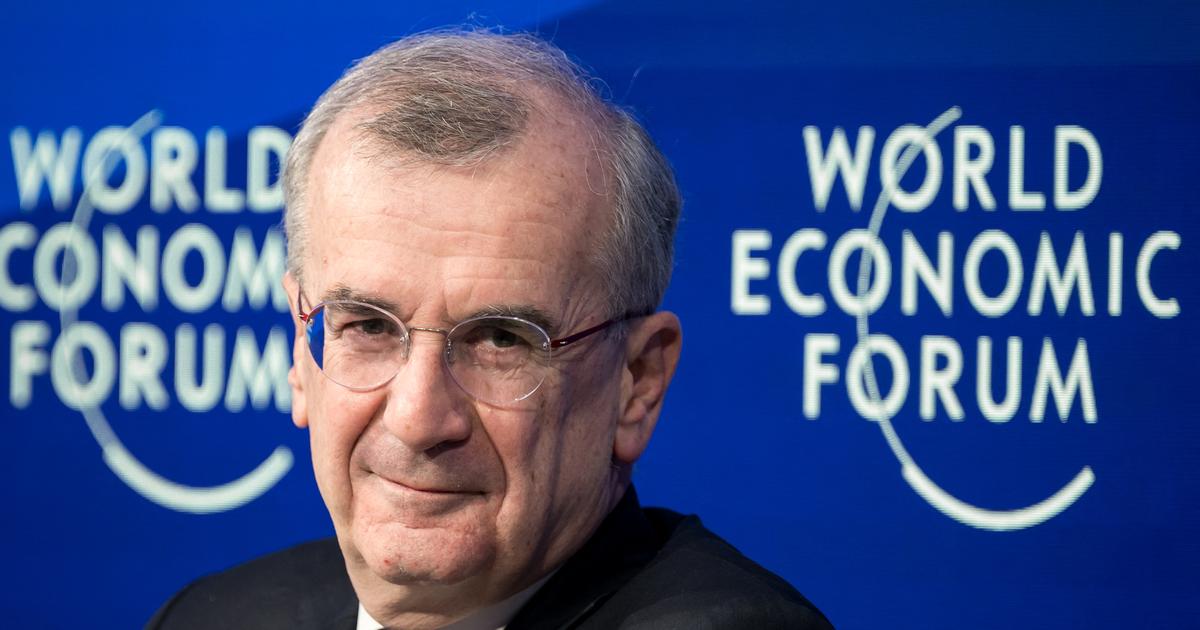Encouraging French Citizens to Take Advantage of Lower Real Estate Loan Rates
In a recent interview on Radio Classique, François Villeroy de Galhau, the governor of the Bank of France, highlighted the renewed capacity of banks to offer property loans. He advised French citizens to seize this opportunity to approach their bankers and even create competition among them to secure favorable terms. The current real estate environment appears promising for those considering investing in property.
Among the positive indicators, Villeroy de Galhau pointed out the gradual reduction in real estate loan interest rates. The rates have decreased from an average of 4.2% in January to 3.9% in April. This decline reflects an optimism that persists despite the political uncertainties surrounding the dissolution of the National Assembly and the subsequent early legislative elections, which had caused a temporary spike in France’s ten-year borrowing rate.
Additionally, the latest data from the Banque de France reveals a significant rebound in the production of housing loans. “In April, we observed a 30% increase in the production of real estate loans, which marks the first notable trend reversal since the spring of 2022,” noted Villeroy de Galhau. This trend is expected to continue, bolstering the argument that now is a favorable time for potential homeowners to move forward with their plans.
Villeroy de Galhau had previously emphasized that the primary issue is not the supply of credit but the testing of one’s banker. He reassured potential borrowers that if their initial credit request is declined, banks are required to offer a re-examination procedure to review their applications.
- In the wake of the National Assembly's dissolution on June 10, the financial market responses have been closely watched. Historian and CNRS researcher Laure Quennouelle-Core emphasized the political and economic significance of this moment, remarking on its exceptional nature.
- The political turbulence resulted in a 1.35% drop in the CAC 40 index on that Monday. Furthermore, France’s ten-year Obligation Assimilable du Trésor (OAT) rate, a benchmark for borrowing costs, saw a slight rise from 3.16% to 3.24%. This increase has widened the spread between French and German government borrowing rates, a key indicator of investor confidence in the French economy. A rising spread typically signifies declining investor confidence.






